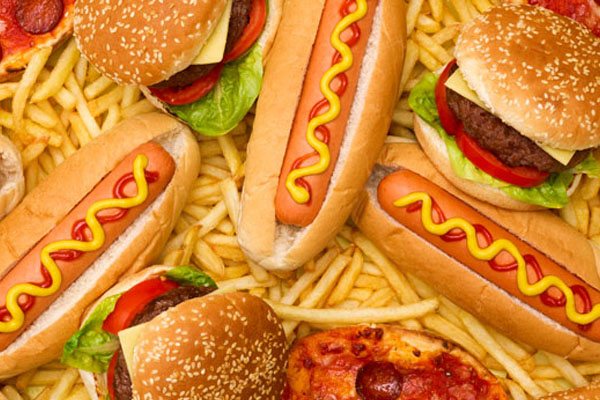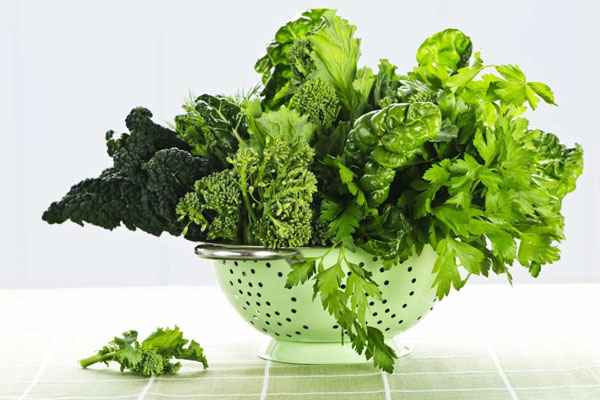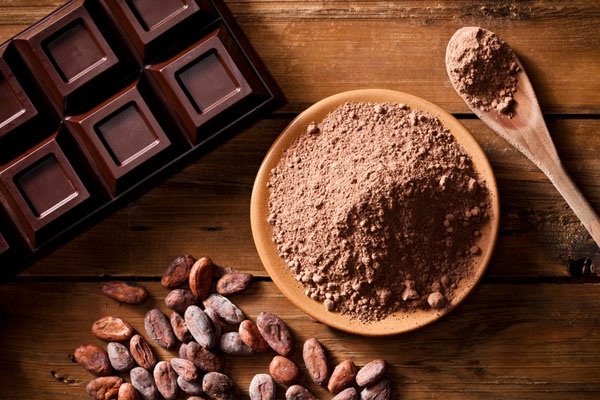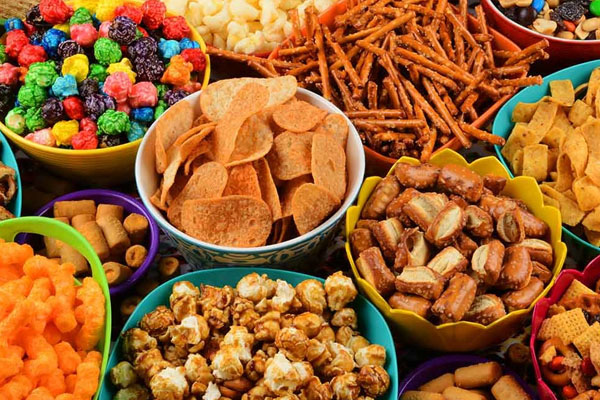
Causes of Inflammation
- Standard Western food program
- Refined sugars, white flour products
- Commercial meat products, excess meat consumption
- Omega-6 oils (animal fats, corn, and soy, safflower, canola, low-quality oils)
- Commercial dairy products, especially cow milk products
- Eggs from commercially-raised chickens
- Persistent emotional upset or lingering negative thought patterns
- Too little exercise or too much exercise
- Smoking, environmental toxicity, poisons

Reduces Inflammation
- Plant-based food program, Mediterranean diet, traditional Indian -and Asian diets
- Whole grains
- Olive oil, flaxseed oil, walnut oil, coconut oil, and fatty cold-water fish
- Grass-fed animal milk products; goat
- Organically raised hens
- Lightheartedness, contentment, joy, and laughter
- Moderate exercise daily for 30 – 45 minutes
- Clean and peaceful environment
The information on this handout is for educational purposes only and is not a substitute for medical advice, diagnosis, or treatment. For more information pertaining to your personal needs, please see a qualified health practitioner.
All rights reserved Dr. Malik Cotter, www.malikcotter.com Copyright © 2019



